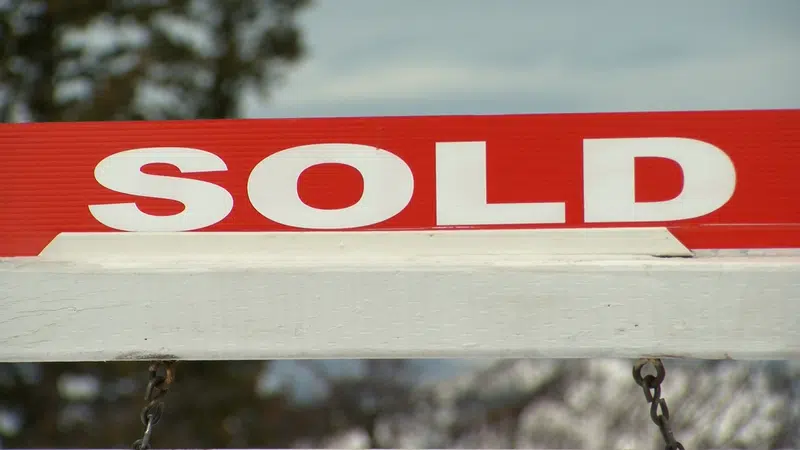
B.C. forestry crisis having an impact on Interior real estate market
KAMLOOPS — The province’s forestry crisis appears to be having an impact on the B.C. real estate market.
BC Real Estate Association Chief Economist Brendon Ogmundson says most housing markets in B.C. are expected to experience a recovery this year — but that likely won’t be the case for communities impacted by the declining forestry sector.
“We’ve had about two years now of declining sales since 2018 when the federal government brought in the mortgage stress test, and the provincial government brought in a number of measures to dampen housing demand as well,” Ogmundson says. “So we’re starting to come out of that. It has been asymmetric, some markets are doing a lot better than others. Mostly in the Lower Mainland where we’re seeing pretty big increases.”
According to January 2020 housing market numbers around the province, home sales are down in northern B.C., Kamloops and Vancouver Island.


